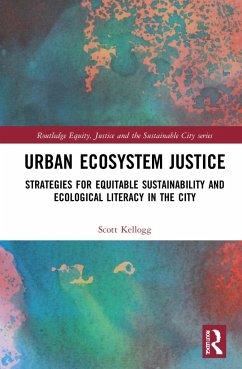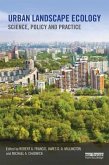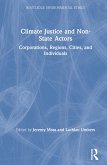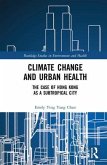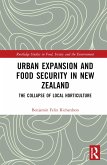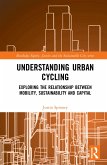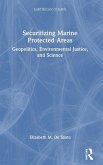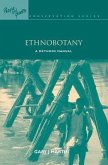Merging together the fields of urban ecology, environmental justice, and urban environmental education, Urban Ecosystem Justice promotes building fair, accessible, and mutually beneficial relationships between citizens and the soils, water, atmospheres, and biodiversity in their cities. This book provides a framework for re-centering issues of justice and fairness in sustainability discourse while challenging the profound ecological alienation experienced by urban residents. While the urban sustainability movement has had many successes in the past few decades, there remain areas for it to grow. For one, the benefits of sustainability have disproportionately benefited wealthier city residents, with concerns over equity, justice, and social sustainability frequently taking a back seat to economic and environmental considerations. Additionally, many city dwellers remain estranged from and unfamiliar with ecological processes, with urban environments often thought of as existing outside of nature or as hopelessly degraded. Through a citizen-centered lens, the book offers a guide to reconciling these issues by demonstrating how questions of equity, access, and justice apply to the biophysical dimensions of the urban ecosystem: soil, water, air, waste, and biodiversity. Drawing heavily from the fields of urban ecology, environmental justice, and ecological design, this book lays out a science of cities for people: a pedagogical platform that can be used to promote ecological literacy in underrepresented urban communities through affordable and decentralized means. This book provides both a theoretical and practical field guide to students and researchers of urban sustainability, city planners, architects, policymakers, and activists wishing to develop reciprocal relationships with urban ecologies.
Hinweis: Dieser Artikel kann nur an eine deutsche Lieferadresse ausgeliefert werden.
Hinweis: Dieser Artikel kann nur an eine deutsche Lieferadresse ausgeliefert werden.

